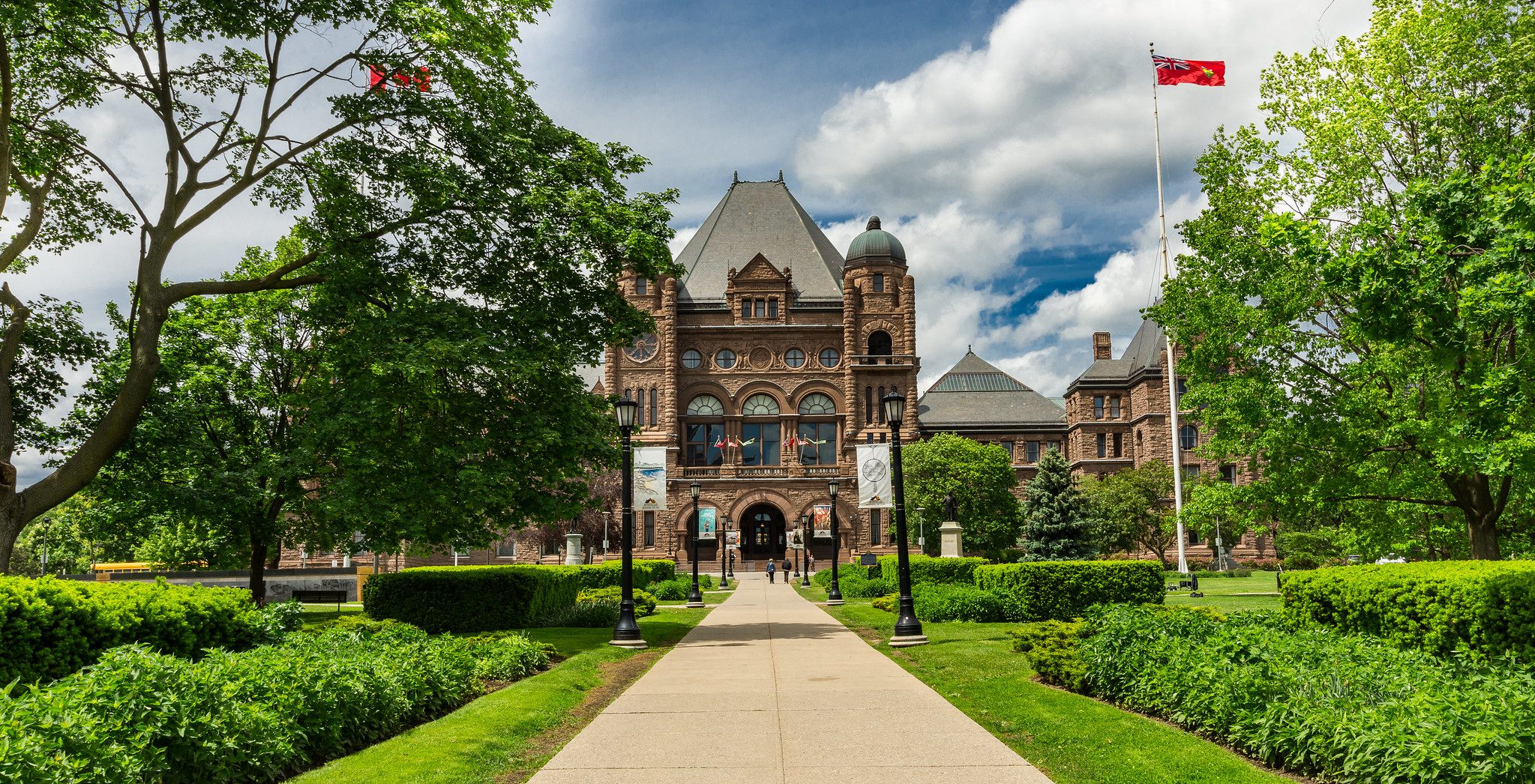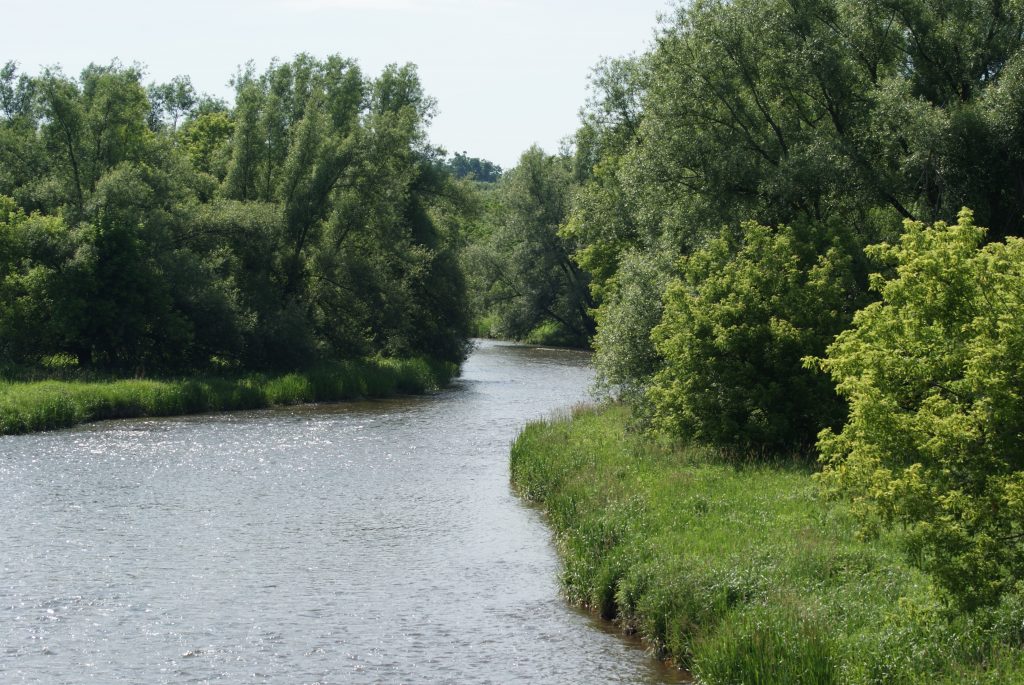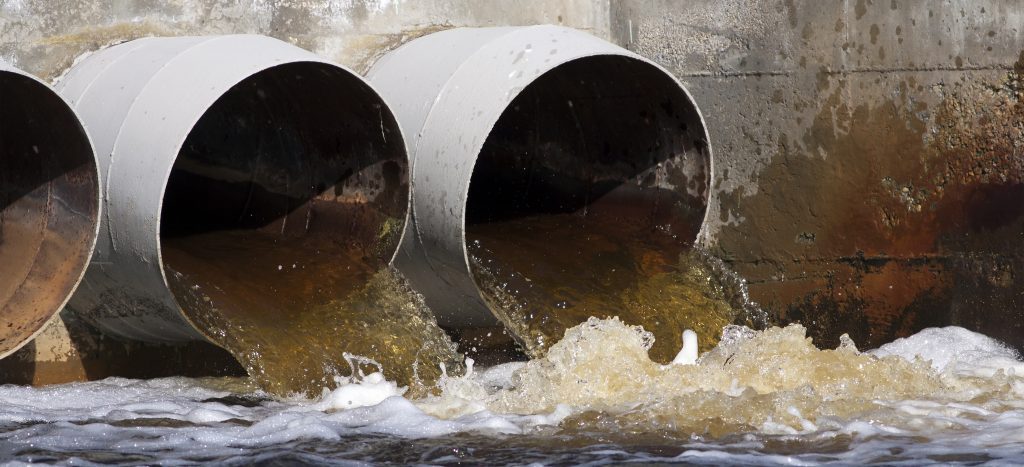The COVID-19 pandemic has prompted some North American governments to change their approach to protecting the environment. In the last month, there have been moves to modify, exempt, or make exceptions to a wide range of environmental rules. Ontario, Alberta and the United States have issued orders or passed regulations that change or get rid of environmental compliance and/or consulting requirements during the state of emergency we find ourselves in.
This blog will highlight everything you need to know about these changes in Ontario.
In early April, the Ontario government passed a regulation under the Environmental Bill of Rights(EBR). It exempts new laws, regulations, or policies that will impact Ontario’s land, air, water and/or wildlife from going through a 30-day consultation period. This consultation period was in place so all Ontarians can participate in decisions that impact our environment. Under the new regulation, however, this 30-day minimum consultation period is no longer legally required.
Changes could mean less transparency
The Ontario government has been in hot water before for this same part of the EBR. In October 2019, the government was found to have broken the law when it cancelled cap and trade and failed to post that change as a proposal for a 30-day consultation as the EBR requires.
The new regulation also says that decision makers won’t have to consider environmental values when making policies. These values, known as Statements of Environmental Values (SEVs), are meant to keep the government accountable to their commitments to the environment when they make decisions. This means that now, not only is there no legal requirement to consult the public while this new regulation is in place, there is also no requirement to consider the environment when making decisions.
The public could be left out
While acknowledging the importance of governments responding quickly and nimbly to the COVID-19 pandemic, there are big concerns with these exemptions. The EBR already has an existing emergency section (Section 29) that could have been used to exempt policies that need to be in place quickly to fight COVID-19. In fact, over 40 organizations including Environmental Defence have signed a letter to Premier Ford citing concerns with this blanket exemption. It would have been more straightforward and clear to the public to simply exempt decisions that could not wait 30 days for consultation because they are directly linked to the COVID-19 response. Instead, this regulation offers a broad exemption to all proposals whether or not they are directly related to COVID-19.
In an email to stakeholders, Minister of Environment, Conservation and Parks Jeff Yurek said that the government will still have public consultations or postings wherever possible. Indeed, many proposals currently on the Environmental Registry of Ontario, posted under the EBR, have been extended to allow the public more time to comment in light of COVID-19. This is a good thing. We hope that the government will voluntarily consult the public and wherever possible will hold off on making changes to environmental policy until after we’ve weathered the COVID-19 storm. The concern, however, is that in light of this new exemption regulation there is no longer the legal requirement to do so.
Despite the reassurance from Minister Yurek, and his recent comments to CBC News about the changes, the new regulation removes the legal requirement to consult the public across the board regardless of whether or not the policy is COVID-19 related. Any public consultations that go on now are completely voluntary, so the public could be left out of important changes to environmental policy. That’s why this new exemption is so concerning.
The government has been working tirelessly to protect Ontarians from COVID-19 and stop the spread of the virus. They deserve the benefit of the doubt that this new exemption will only be used on relevant proposals or policies designed to address the COVID-19 crisis. Environmental Defence will be vigilant in monitoring the Environmental Registry and regulatory environment for any new proposals being rushed under this new exemption.
Stay connected
In the meantime, you can sign up for our newsletter by using the form below to stay connected and up to date with environmental news. We’re also hosting weekly webinars as part of the Recovery Series to take a closer look at environmental solutions and options for our economic recovery to also benefit the environment. Tune in every Thursday at 12 noon EST to join the conversation.







